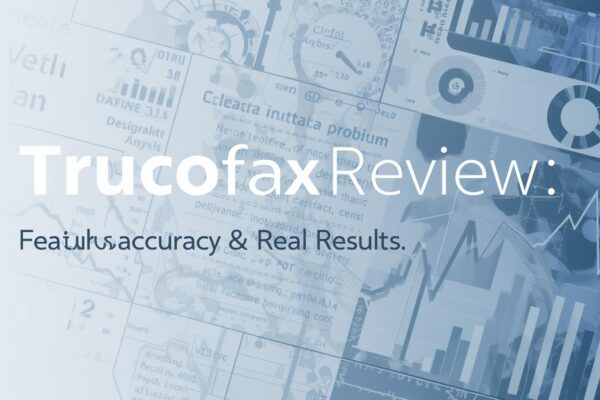In a world increasingly driven by technology and rapid change, the past holds a special allure—an enduring connection to history, culture, and stories that shape our identity. At the heart of this nostalgic journey is Mike Wolfe, a passionate treasure hunter and vintage enthusiast whose dedication extends beyond mere collecting. His passion project, Uncovering Stories from the Past, exemplifies his commitment to preserving history, uncovering hidden gems, and sharing the rich narratives embedded in America’s vintage treasures.
The Beginnings of a Passion
Mike Wolfe’s fascination with history and antiques began in his childhood. Growing up in Joliet, Illinois, he developed an eye for the unique and an insatiable curiosity about stories behind old artifacts. Over the years, this curiosity evolved into a mission—to unearth forgotten stories and give them new life. Wolfe’s journey took a significant turn when he launched his passion project, which became a platform to explore, preserve, and celebrate Americana’s vintage and historical artifacts.
The Essence of the Passion Project
Uncovering Stories from the Past isn’t just about collecting old items; it’s about understanding their significance and the stories they carry. Wolfe believes every piece has a tale—be it a vintage bicycle, a worn-out sign, or a family heirloom. His initiative seeks to link these relics to the individuals, locations, and moments that influenced their history. Through this endeavor, Wolfe emphasizes that history isn’t confined to textbooks but is alive in everyday objects and the stories they tell.
Bringing History to Life
A fundamental element of Wolfe’s passion initiative is the art of storytelling. He works tirelessly to dig deeper into the origins of his finds, often discovering fascinating stories about American life, culture, and industry. Whether it’s uncovering the history of a 1950s diner sign or learning about the lives of families who once owned vintage furniture, Wolfe’s approach is immersive and educational.
Through interviews, documentaries, and social media, he shares these stories with a broader audience, making history accessible and engaging. His efforts help foster a sense of appreciation for the craftsmanship, ingenuity, and stories of the past generations.
Preserving Heritage for Future Generations
Wolfe’s passion project also emphasizes preservation. He recognizes that many artifacts are fragile or at risk of being lost forever. By rescuing and restoring these items, he ensures that their stories remain alive. This preservation effort extends beyond individual artifacts; it’s about safeguarding cultural heritage and inspiring others to appreciate and protect their history.
He collaborates with museums, historians, and other enthusiasts to promote responsible collecting and conservation practices. Wolfe’s work underscores that understanding where we come from is essential to shaping a meaningful future.
Inspiring a Community of Enthusiasts
Perhaps one of the most impactful aspects of Wolfe’s project is its ability to inspire others. His adventures and discoveries motivate a community of vintage collectors, history buffs, and storytellers. Through social media platforms, workshops, and public appearances, Wolfe encourages others to look beyond the surface and find the stories waiting to be uncovered.
This sense of community fosters a collective appreciation for history and the joy of discovery. It serves as a reminder that anyone can become a storyteller and preserve history, one artifact at a time.
Conclusion
Mike Wolfe’s Uncovering Stories from the Past is more than a hobby; it’s a heartfelt mission to preserve America’s rich heritage and keep its stories alive. Through his dedication, Wolfe reminds us that history is all around us—in the objects we often overlook—and that every artifact holds a story worth telling. His passion project continues to inspire countless individuals to explore, preserve, and celebrate the stories that connect us all to our shared past.
In a world racing forward, Wolfe’s work serves as a vital reminder: to honor our history is to understand ourselves better and to ensure that the stories of yesterday continue to inspire generations to come.






